The Statistician-General of the Federation, Prince Adeniyi Adeniran, has called on statisticians and stakeholders in Nigeria’s data ecosystem to adopt modern Information and Communication Technology (ICT) tools for data collection, collation, and analysis, in order to remain relevant in the evolving global landscape.
Prince Adeniran made the appeal during the First Biannual Meeting of the National Consultative Committee on Statistics, held in Katsina, where he emphasized the need for constant skills upgrade and technological adaptation in the statistical community.
“Given the rapid proliferation of technology and its transformative impact on the data ecosystem, we cannot afford to remain passive or make excuses,” he said. “As custodians of official data, we must seize every opportunity to improve our methods and stay relevant.”
He acknowledged existing challenges such as limited resources and capacity but insisted that innovation and commitment must drive efforts to fulfill the mandates of official statistical bodies.
A key highlight of his address was the introduction of the Integrated System of Administrative Statistics (ISAS)—an ICT-based platform designed to enhance the collection, processing, and dissemination of administrative data. He explained that ISAS aims to enable seamless data flow, featuring dynamic visualizations and downloadable formats to better inform decision-making.
“Administrative data has been under-utilised for too long,” Adeniran noted. “ISAS is a step toward unlocking its potential for development planning and policy execution.”
Addressing the need for credible state-level Gross Domestic Product (GDP) data, Prince Adeniran emphasized that investors, development partners, and policy makers increasingly demand subnational economic statistics to guide strategic decisions.
“While progress has been made, we must now focus on completing the data validation process and sensitizing stakeholders,” he said. “Our goal is to ensure states take full ownership of the process and the outcomes.”
In a goodwill message, Katsina State Governor, Dr. Dikko Radda, represented by Deputy Governor Alhaji Faruk Jobe, affirmed that his administration is committed to using state-level GDP data for macroeconomic planning and fiscal strategy. He stressed the importance of inclusive data methodology that captures the contributions of micro, small, and medium enterprises (MSMEs), which account for over 70% of the state’s economy.
Dr. Radda also emphasized the value of evidence-based planning, assuring participants that Katsina’s GDP compilation process would be anchored on sound methodology reflective of all economic sectors.
The meeting, themed “Promoting Development at the Subnational Level through Improved State GDP,” convened Statisticians-General from Nigeria’s 36 states and the FCT, along with key policy makers and technical experts. It served as a platform for dialogue on strengthening statistical capacity to support sustainable development at the subnational level.


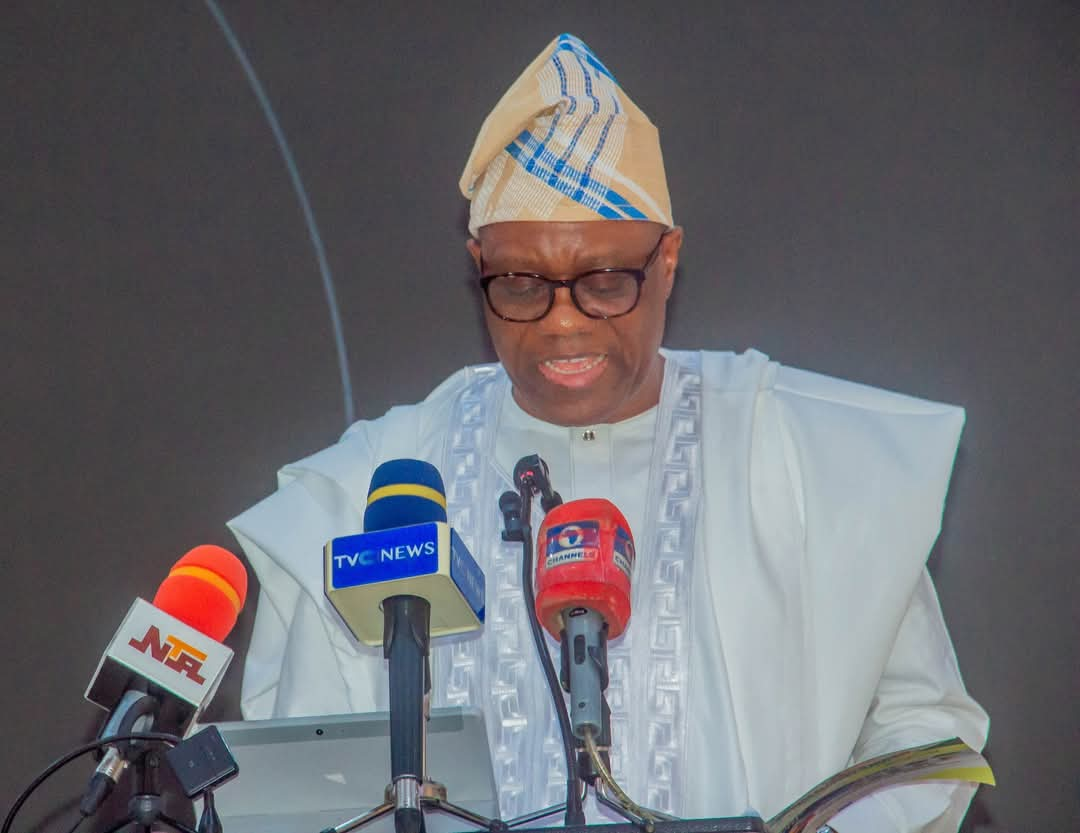


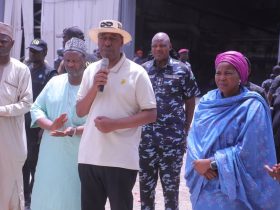
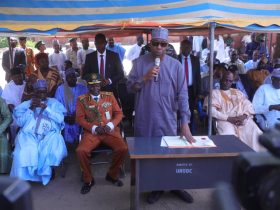



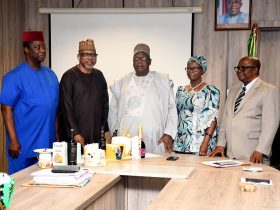
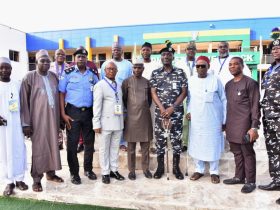
Leave a Reply